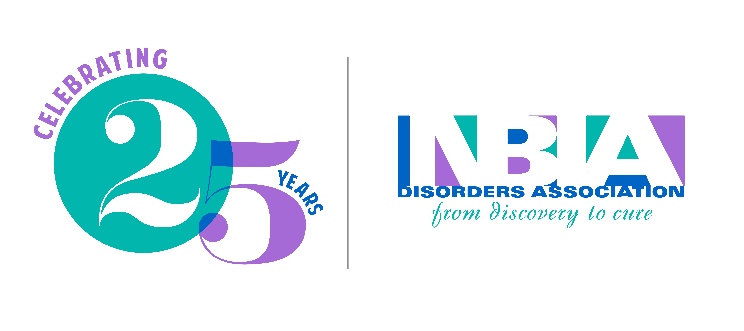New BPAN mouse model from Munich now available for researchers
New BPAN mouse model from Munich now available for researchers

With the publication of a long-awaited paper on a BPAN mouse model, researchers around the world now have access to these mice for study.
Scientists led by Dr. Holger Prokisch from the Technical University of Munich have created a strain of mice by systemically inactivating or switching off the gene associated with beta-propeller protein-associated neurodegeneration (BPAN). BPAN is now considered the most common form of NBIA.
In the corresponding article by Dr. Arcangela Iuso (Helmholtz Zentrum München), the new mouse model is also comprehensively characterized. It is reported that from the age of four months, the mice showed increasing problems with the nervous system, accompanied by hearing and vision problems. In the mice, there was no iron accumulation in the brain.
However, specific biochemical changes suggest that in the absence of the autophagy gene WDR45, the mitochondria do not produce enough energy, preventing the affected cells from functioning properly. The thesis shows that the knock-out mouse model complements the three other BPAN mouse models previously described in the literature and compares the available mouse models with each other. The systemic BPAN mouse developed in Munich represents another robust model to test drugs against the disease and to study how BPAN affects the body's systems and causes functional changes with health consequences.
The paper, published in the journal Mammalian Genome, is titled "A comprehensive phenotypic characterization of a whole-body Wdr45 knock-out mouse." It is freely accessible in so-called "Open Access" and can be accessed at: https://pubmed.ncbi.nlm.nih.gov/34043061/
Researchers who wish to order the mice for study purposes can do so via a form provided by Helmholtz Zentrum München at: https://www.infrafrontier.eu/search?keyword=EM:13607 The website notes that there may be delays in the processing of orders due to the pandemic.
The development of the BPAN mouse can be traced back to a $67,760 grant of funding for the project from the NBIA Disorders Association Prokisch in 2015. However, personnel changes during the course of the project led to delays in the publication of the work and the deployment of the mouse strain. It is thanks to Dr. Ijo's tenacity in publishing and Dr. Prokisch's continued efforts that the mouse strain is now available to interested researchers.
Source: NBIA Disorders Association September 2021 newsletter
translated using the free version of https://www.deepl.com/translator and revised by Angelika Klucken




